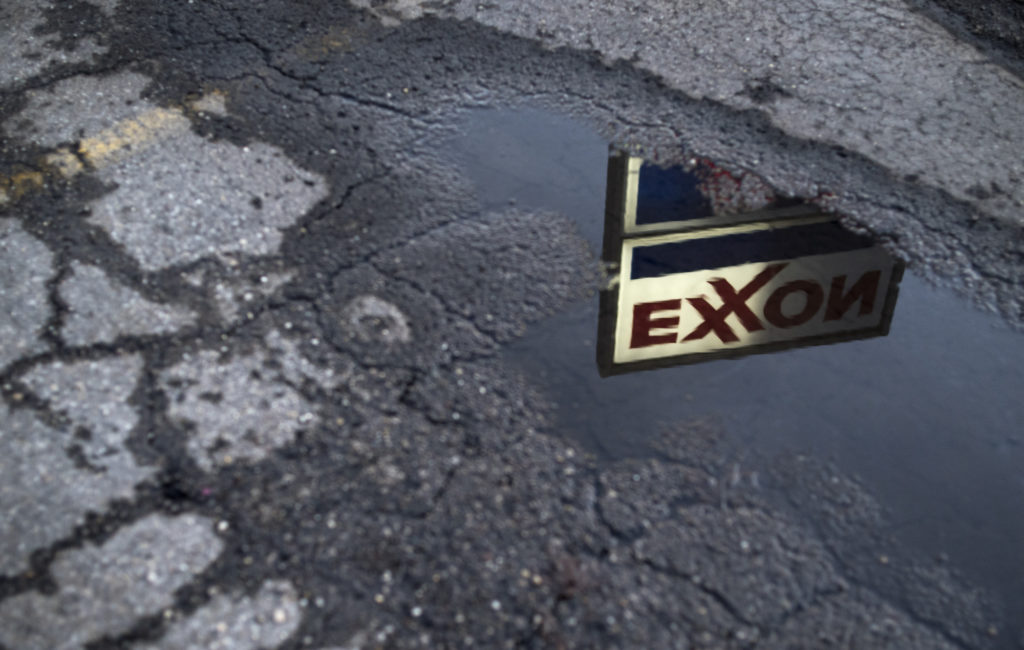
A US court has ruled in favour of Nigerian National Petroleum Corp. (NNPC), dismissing ExxonMobil-led claims that sought to extract $1.799 billion plus interest.
A ruling from the US Southern District of New York’s Judge William Pauley found for NNPC in the dispute over oil liftings from the offshore Erha field.
The field began producing in 2006, in a development operated by ExxonMobil’s Nigerian subsidiary, Esso Exploration and Production Nigeria. Under the deal, Esso had broad powers for lifting and administration, including tax statements.
In 2008, the then president of Nigeria, Umaru Yar’Adua ordered NNPC to lift more oil from the field, to make up for the $646 million a committee found it had lost during operations. The Nigerian company had jumped the gun slightly, by starting its own lifting at the end of 2007 – before Yar’Adua’s approval – and also refused to submit Esso’s tax statements to the authorities.
ExxonMobil began arbitration against NNPC in July 2009. The Arbitral Panel heard the dispute, despite NNPC’s objections, and awarded Esso $1.799bn. The ruling found NNPC had overlifted royalty and tax oil, reducing the cost oil to Esso and also the profit oil.
This arbitration ruling did not bring an end to the proceedings, though. NNPC secured two decisions from the Nigerian Federal High Court, pushing back the arbitration finding. Esso also continued its legal efforts, increasing the value of its claim to $2.67bn, based on interest from the original award.
Pauley’s ruling took issue with the scale of the award against NNPC. While the US court “may have inherent authority to fashion appropriate relief in certain circumstances, exercising that authority to create a $1.8 billion judgment is a bridge too far”.
Esso sought to have the US court overrule the Nigerian findings against it. The ruling objected to such a move, on the basis that the original contract required arbitration to take place in Nigeria, even while it was unclear whether the dispute was liable for arbitration.
One notable point in the US ruling was that NNPC was found to be an “alter ego” of Nigeria. NNPC overlifted oil – specifically royalty and tax oil – for the direct benefit of the Nigerian government”, not the company itself, Pauley’s ruling said.
ExxonMobil seems likely to continue its appeals in Nigeria.
The ruling was not entirely complimentary about NNPC’s conduct. Pauley criticised the company’s decision to hand over just four documents to the proceedings, among other complaints. This raises some comparisons with the recent Process and Industrial Developments Limited (P&ID) case, in London. This also saw Nigeria fail to defend itself as well as it could – a decision that went particularly badly wrong for the country, with the UK tribunal awarding damages of $9bn.